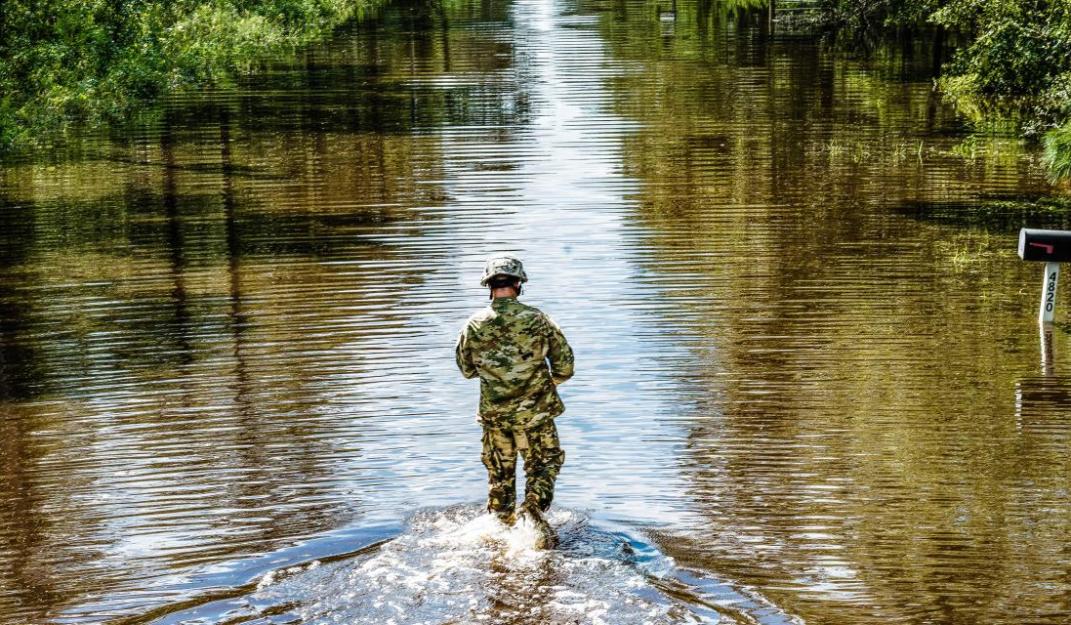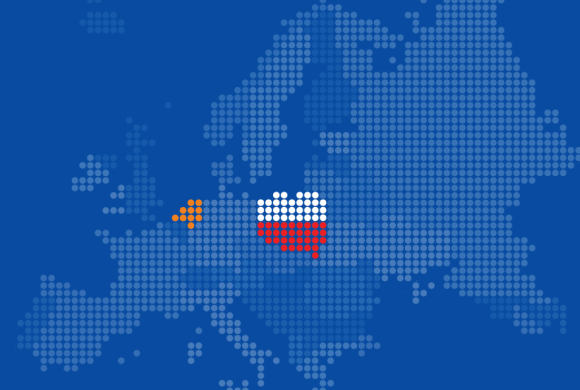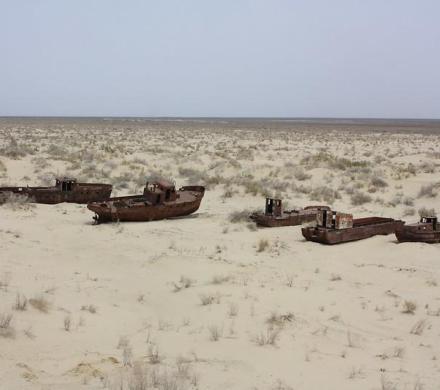Military capabilities affected by climate change

An analysis of China, Russia and the United States
Climate change is one of the most pressing challenges of the present and the future. Rising temperatures and sea levels, as well as extreme weather events are manifestations of climate change that also influence military capabilities. Increased attention for the climate change-security nexus is visible both at the national and the international level: nationally through the incorporation of climate change in security strategies and internationally through incorporation in important strategic documents such as the EU’s Strategic Compass and NATO’s Strategic Concept.
Given its transnational nature, governments around the world have a shared responsibility to face climate change. A particular role is laid down for the global powers, China, Russia and the United States, given their position in the world. It is, however, questionable whether the global powers’ interests align. They differ in their approaches to address climate change, and even more so in their views on how it affects the armed forces. China and particularly Russia are more reluctant towards depicting climate change as a matter of international security. This is for example visible in international forums, such as the UN Security Council. In contrast, in the US, support for climate action is subject to political preferences, but climate related security risks are widely recognised within the defence establishment.
This report reviews various aspects of the relationship between climate and security, with a particular focus on the military. It discusses the role of climate change in a country’s security and defence strategy and, vice versa, the changing tasks and deployment of the armed forces in response to climate change, the effects of climate change on military infrastructure, and measures to realise a greener defence sector.

Clingendael Institute
Clingendael is an independent think tank and a diplomatic academy, based in The Hague - City of Peace and Justice. We aim to contribute to a secure, sustainable and just world through our analyses, training and public debate. We work with partners across public and private sectors, including policymakers, members of the armed forces, diplomats, politicians and business executives.




